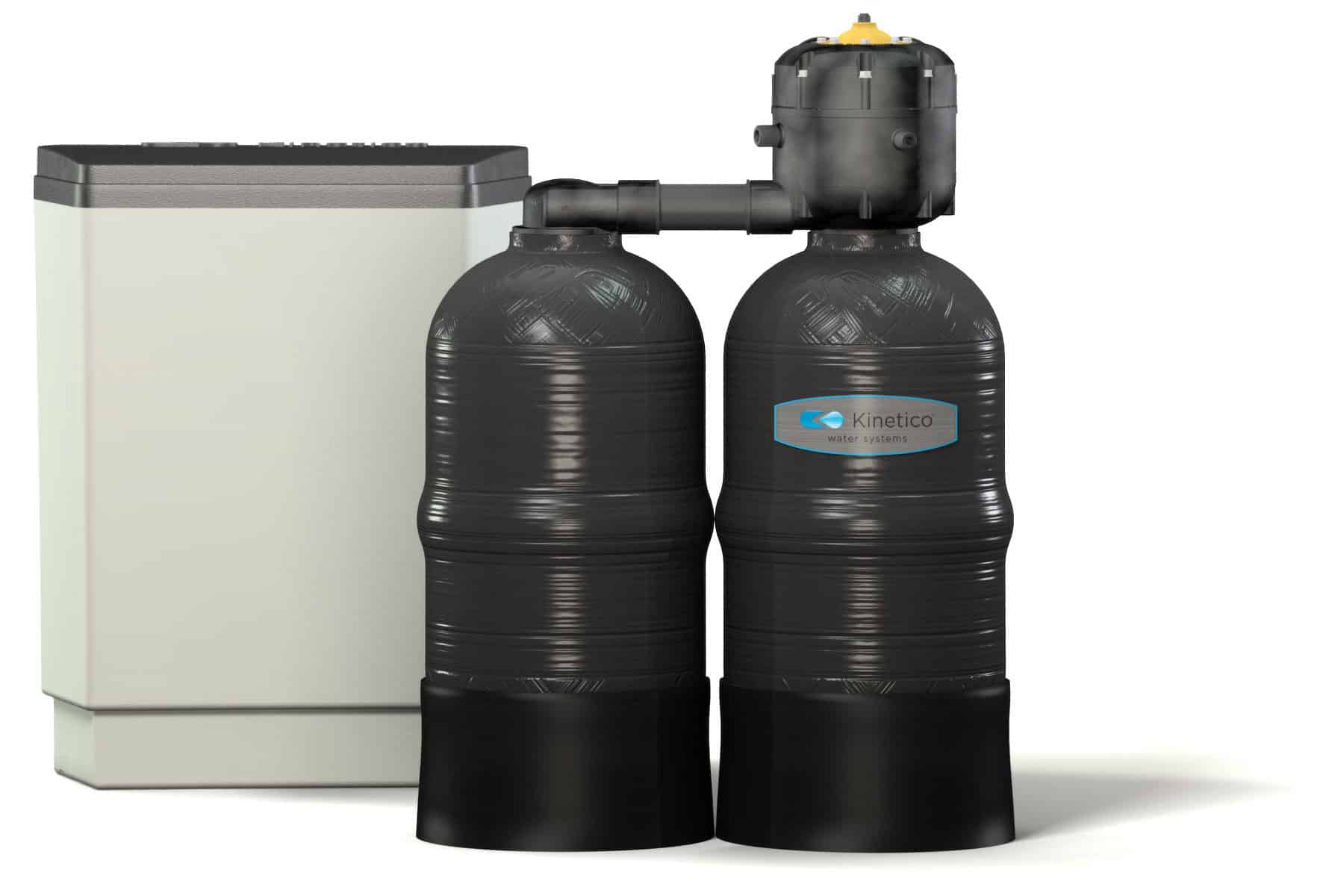Water softening is one of the surest ways of having clean water in your home. As water comes in contact with the earth calcium and magnesium dissolve into the water making it hard. A water softener removes these minerals from the water which makes the water soft. Hard water can cause skin to be dry and itchy. It also leaves white spots or a film on dishes, faucets and toilets and builds up in plumbing and appliances causing them to not work as effective and shortens their life.
Here are some of the most frequently asked question about water softeners:
How Does A Water Softener Work?
The process a water softener uses to remove the minerals from water is known as ion exchange. Calcium and magnesium are removed and replaced, or exchanged, for sodium ions The most important component of water softeners is a tank containing small polystyrene beads. As water flows past the beads the calcium and magnesium are attracted to and attach themselves to the beads and in place of the minerals a very small amount of sodium is added to the water. This process is instantaneous, so the water is softened as you use it in your home.
After several hundred gallons of water have been softener, the polystyrene beads become coated with minerals and the water softener will regenerate them. This process involves running a salt brine solution across the beads and the minerals are removed and flushed down the drain.
How much salt is added to my water?
The amount of salt added by the water softening process is very minimal and is dependent on how hard the water is. The harder the water the more salt the water softener adds to the water. For most of the water in the Salt Lake area there will be about 25mg of sodium added to an 8oz glass of water. As a comparison, an 8oz glass of milk contains 125mg of sodium.
Does Soft Water Really Feel Soft?
The “soft” in soft water doesn’t actually mean soft; it means that all the hard minerals, calcium, magnesium, etc., have been removed. If you want to know how it feels, put baking soda into hard water. It will make the water softer to touch, or more accurately, slicker.
Here’s a fun fact: You can save on bath and laundry products when using soft water. It reduces soap use, which is why many Laundromats and Hotels have water-softening systems.
Water softening is one of the most effective ways you can experience better water in your home.
Contact us for more information about quality water softeners and water filtration units in Utah.


I really liked the part of your article that explained how using soft water can help save on things like laundry products. Changing up things in my home to make it more sustainable in the long run is something I’ve been looking to do more often, and I feel like I could really benefit from a system like this since we love doing our own laundry. I’ll start looking around for any water softener businesses in the area so we can have them help us install one right away.